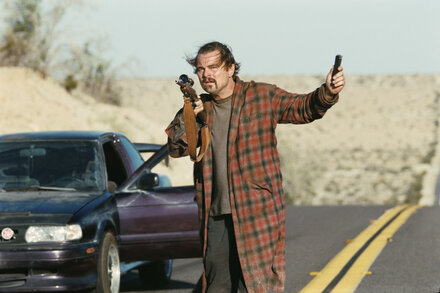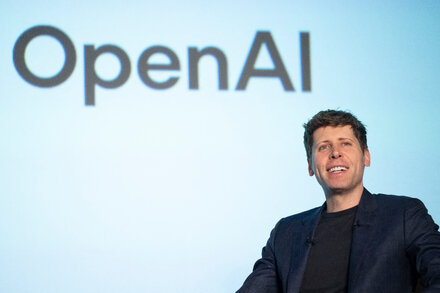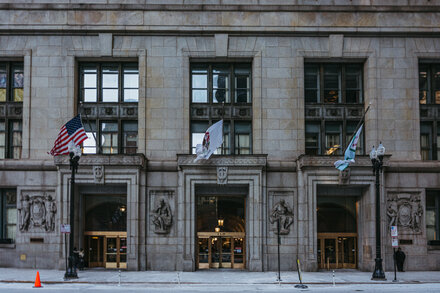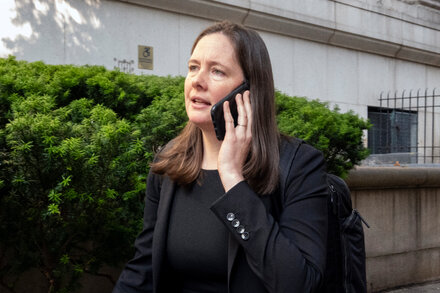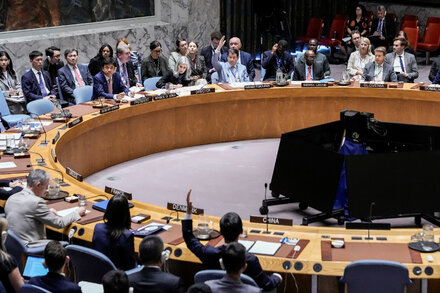In the evolving landscape of American political discourse, late-night television hosts like Jimmy Kimmel have increasingly become focal points for national debates, extending their reach beyond entertainment into sharp political commentary. A growing observation among political analysts and commentators suggests that certain segments of the political right may be “overplaying its hand” in its responses to such figures, potentially leading to strategic miscalculations.
The discussion centers on the intensified reactions from conservative media and political figures towards entertainers who engage in criticism of their policies or ideologies. Rather than diminishing the platform of these hosts, some argue that these strong, often condemnatory, reactions inadvertently elevate the hosts’ political influence and highlight the perceived attempts to stifle dissent or alternative viewpoints.
The Shift in Late-Night Comedy
Jimmy Kimmel, like many of his late-night peers, has transitioned from purely comedic entertainment to a more prominent role as a political commentator, particularly since the mid-2010s. His monologues frequently address current events, often with a critical eye towards conservative policies and figures, leading to a loyal viewership but also considerable backlash from the right.
“I never set out to be a political comedian, but I think the world decided that I would be,” Kimmel once remarked, reflecting on his show’s evolving tone. “It’s hard to ignore what’s happening in the world, and if you have a platform, sometimes you feel compelled to say something.”
This shift has transformed late-night shows into a regular battleground in the ongoing culture wars, where jokes are often interpreted as political statements and hosts are viewed as extensions of the opposition party.
The “Overplaying Its Hand” Argument
The “overplaying its hand” thesis posits that aggressive tactics employed by some conservative entities—such as calls for boycotts, accusations of bias, or attempts to de-platform comedians—can backfire. Instead of discrediting figures like Kimmel, these actions may inadvertently grant them more credibility as critics of power, generate sympathy, and galvanize their audience. Analysts suggest that such reactions might also alienate moderate voters who perceive them as disproportionate or an infringement on free expression.
Historically, political satire has often served as a safety valve in democratic societies, allowing for critical commentary through humor. When conservative responses are seen as attempting to shut down such commentary, it can be interpreted as an authoritarian impulse rather than a legitimate counter-argument.
Implications for Political Discourse
The dynamic between late-night hosts and their conservative critics underscores broader tensions in contemporary political discourse, including debates over media bias, cancel culture, and the boundaries of free speech. For some, the strong reactions from the right are seen as an attempt to control narratives and limit critical voices in mainstream media. For others, it represents a justified pushback against what they perceive as partisan attacks disguised as humor.
As the political landscape remains polarized, the interplay between entertainers and political factions continues to shape public opinion and highlight the ongoing strategic challenges faced by both sides in navigating the complexities of modern communication.
Source: Read the original article here.
